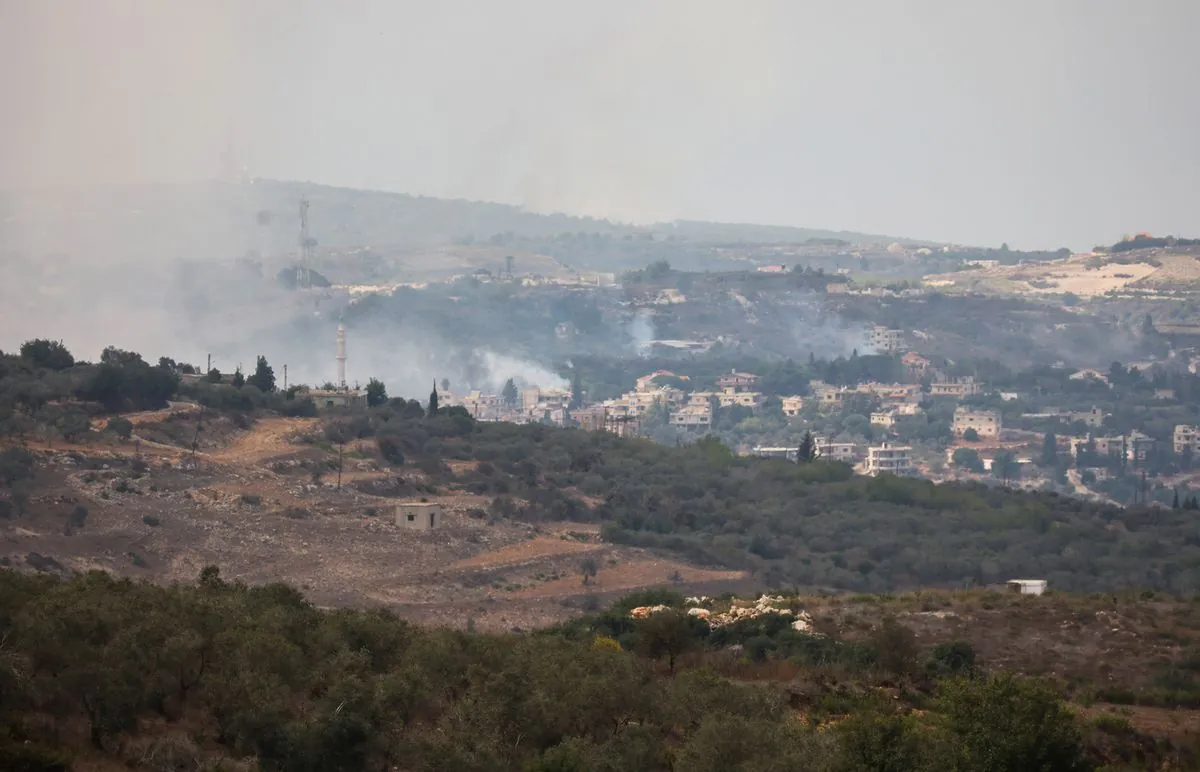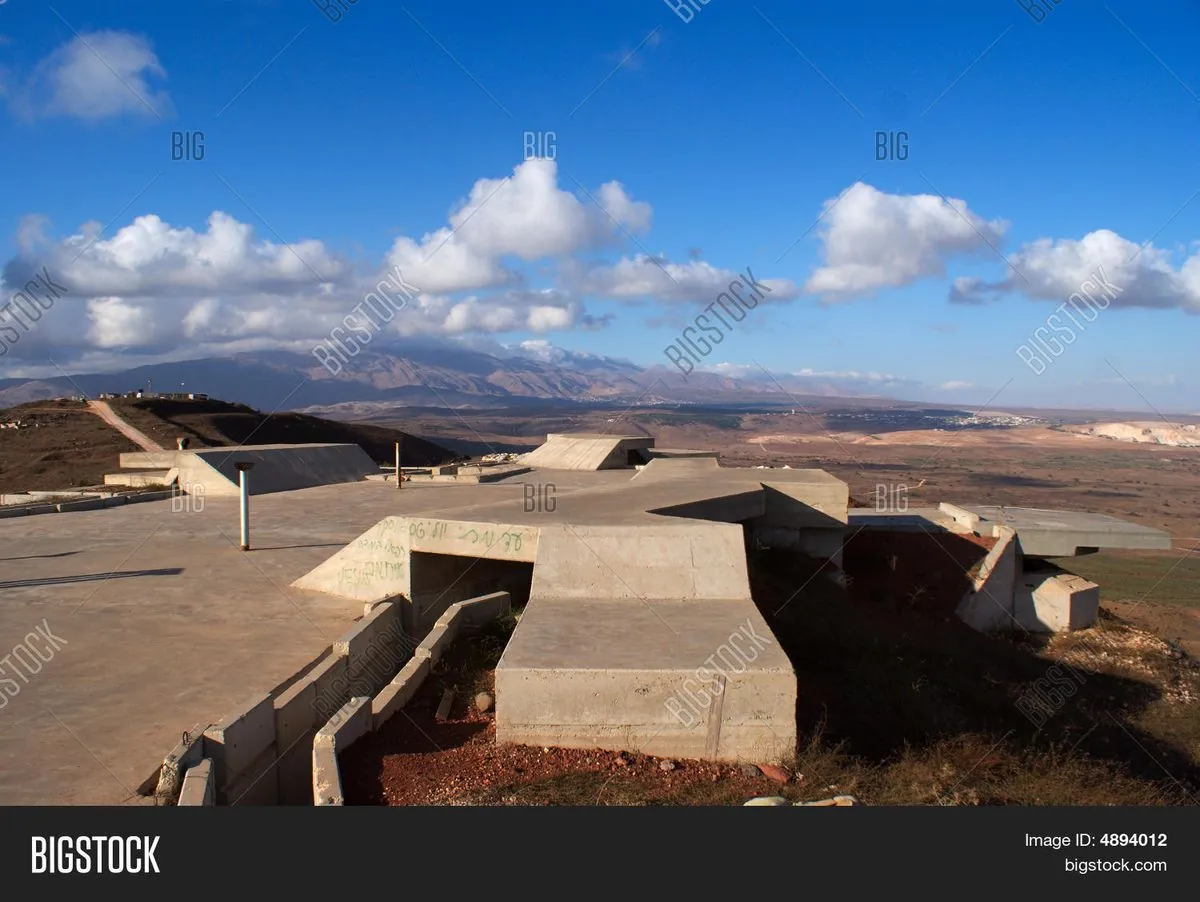Israel Seeks to Avoid Full-Scale War Despite Golan Heights Attack
Israel aims to retaliate against Hezbollah without sparking regional conflict after a deadly rocket strike. International diplomacy intensifies as tensions rise along the Israel-Lebanon border.

In the wake of a deadly rocket attack on the Israeli-occupied Golan Heights, Israeli officials have indicated their intention to retaliate against Hezbollah without escalating the conflict into a full-scale regional war. The incident, which occurred on July 27, 2024, resulted in the tragic loss of 12 young lives at a sports field in a Druze village.
Israel and the United States have pointed fingers at Hezbollah for the attack, although the Lebanon-based organization has denied any involvement. This event has heightened concerns about the potential for the ongoing cross-border hostilities to spiral into a more destructive conflict, reminiscent of the 2006 Lebanon War that lasted 34 days and caused significant casualties on both sides.
Israeli authorities are weighing their response options, which reportedly range from targeting infrastructure to striking Hezbollah weapons depots or commanders. The Israeli security cabinet has granted Prime Minister Benjamin Netanyahu and Defense Minister Yoav Gallant the authority to determine the timing and nature of the retaliation.

The current tensions along the Israel-Lebanon border, which have displaced tens of thousands of civilians, are rooted in a complex historical context. The Golan Heights, covering approximately 1,200 square kilometers, was seized by Israel from Syria during the 1967 Middle East war and later annexed, a move not widely recognized internationally.
"The estimation is that the response will not lead to an all-out war. That would not be in our interest at this point."
International diplomatic efforts are underway to prevent further escalation. U.S. Secretary of State Antony Blinken emphasized the importance of de-escalation in a recent call with Israeli President Isaac Herzog. They discussed potential diplomatic solutions to allow displaced citizens to return home and efforts to achieve a ceasefire in Gaza.
The situation remains volatile, as evidenced by an Israeli drone strike on July 29, 2024, which resulted in the deaths of two Hezbollah fighters in southern Lebanon. This incident marked the first fatalities in Lebanon since the Golan Heights attack.
The ongoing conflict has had significant repercussions on civilian life. Flights at Beirut's international airport have been disrupted, and both Israel and Lebanon have seen large-scale displacements along their shared border, known as the Blue Line, which was established by the UN in 2000.
Hezbollah, founded in 1985 as a resistance movement against Israeli occupation of southern Lebanon, has been a major player in Lebanese politics since 1992. The organization maintains a substantial arsenal of rockets and missiles, estimated in the tens of thousands, which has been a source of ongoing concern for Israel.
As the situation unfolds, the international community watches closely, hoping that diplomatic efforts will prevail in preventing a wider conflict in an already volatile region.


































